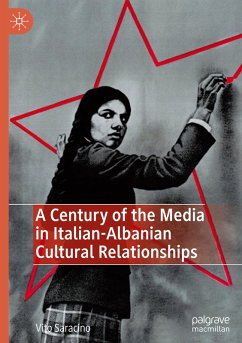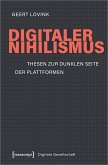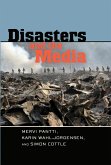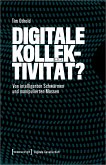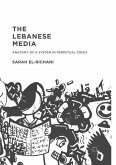This book delves into the complex historical, cultural, and educational ties between Italy and Albania within the realm of media studies, examining various mediums such as press, radio, television, cinema, and the web. Beginning in the late nineteenth century with the inception of the first Albanian-language newspapers in Italy, the analysis progresses to explore the evolving relationship between Albanians and radio, initially focusing on Italian broadcasts before transitioning to national channels. Rapidly, Italian radio becomes a tool for fascist soft power, facilitating fascist Italy's occupation of Albania in 1939. The second section delves into the communist propaganda apparatus, encompassing radio, television, cinema, and music. It offers a comprehensive exploration of television's evolution, from its tentative beginnings in the 1960s to the proliferation of private broadcasters in the post-communist era. Concluding with the emergence of the internet, the book highlights the significant decline of Italian soft power in Albania and the Southern Balkans over the past 15 years. Instead, these regions increasingly look towards the Anglo-Saxon and Turkish spheres as models, not only in media but also in terms of migration and development.
Bitte wählen Sie Ihr Anliegen aus.
Rechnungen
Retourenschein anfordern
Bestellstatus
Storno

